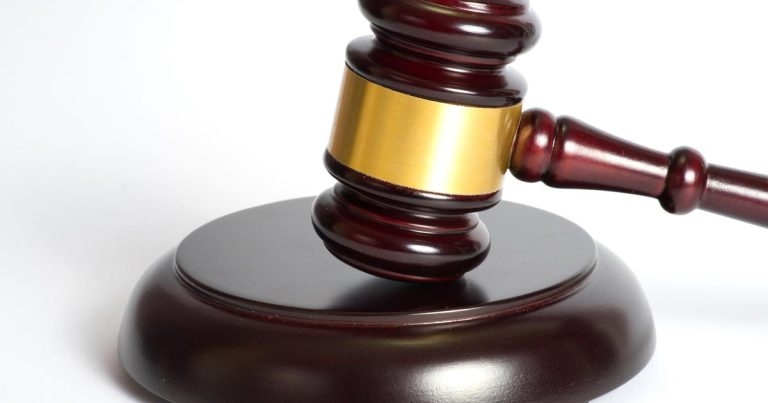16 Jul 2025
A disciplinary panel admitted the college can’t stop Warwick Seymour-Hamilton from applying again, but urged him to consider the impact of his actions before making any future bids.

Image © stadtratte / Fotolia
A former vet’s actions have been condemned as “vexatious and ultimately unlikely to succeed” after his 12th bid for restoration to the RCVS register was rejected.
A college disciplinary panel has urged Warwick Seymour-Hamilton to “reflect” before submitting any further applications, following its latest deliberations in his case.
The plea follows a hearing at the college’s London headquarters on 7 July, a report of which has now been published.
In a strongly worded conclusion, the committee acknowledged the college could not prevent Mr Seymour-Hamilton from making further applications, but said he should realise they were “not a good use” of its resources.
It added: “The committee is firmly of the view that after such a prolonged period of failing to be reinstated as a veterinary surgeon, Mr Seymour-Hamilton has to face the reality that his continued applications, taking up time, resources and expense (which is ultimately borne by all those veterinary surgeons who are on the register), are vexatious and ultimately unlikely to succeed.
“He is now 86 years old and has not practised for [more than] 30 years and in fact has now been off the register for longer than he was on it.
“This is now the 12th time he has been found to be not fit to be restored to the register.
“The committee hopes Mr Seymour-Hamilton will now take time seriously to reflect and take into account the impact to all concerned of his continued applications, before deciding to submit any more.”
Mr Seymour-Hamilton was originally struck off in 1994 after he was found to have committed serious professional misconduct over the condition of his then practice in Kent.
Although he did not lodge an appeal against that decision, the latest report said he continued to maintain the original committee’s findings were “wrong” even though he claimed to accept them.
Following his removal, Mr Seymour-Hamilton made unsuccessful applications for restoration in 1995 and 2010, before submitting nine further requests on an annual basis between 2015 and 2023.
He told the latest hearing he kept returning to the committee because he had “never given up veterinary medicine” though he maintained he did not want to practise.
Instead, he said the application was intended to help him secure recognition for his claimed discoveries of herbal and natural remedies.
But lawyers for the college argued his restoration would pose a “serious risk” to animal welfare because of his 31 years off the register and a lack of formal re-training to ensure his fitness to practise.
The committee also voiced unease over his admissions that he had spayed cats in Calais, treated his own dogs for cancer and cultured faecal bacteria in the kitchen of a witness who gave evidence in support of his case.
The report added: “The fact that the applicant maintains there is no reason for him not to have done any of these things and that they would not have been incompatible with his being on the register and therefore upholding the professional standards expected of a veterinary surgeon, was concerning in and of itself.”